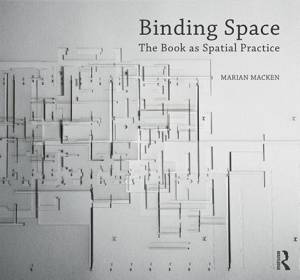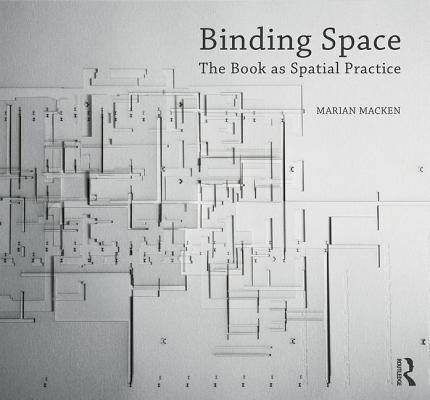
- Retrait gratuit dans votre magasin Club
- 7.000.000 titres dans notre catalogue
- Payer en toute sécurité
- Toujours un magasin près de chez vous
- Retrait gratuit dans votre magasin Club
- 7.000.000 titres dans notre catalogue
- Payer en toute sécurité
- Toujours un magasin près de chez vous
Description
Books orient, intrigue, provoke and direct the reader while editing, interpreting, encapsulating, constructing and revealing architectural representation. Binding Space: The Book as Spatial Practice explores the role of the book form within the realm of architectural representation. It proposes the book itself as another three-dimensional, complementary architectural representation with a generational and propositional role within the design process.
Artists' books in particular - that is, a book made as an original work of art, with an artist, designer or architect as author - have certain qualities and characteristics, quite different from the conventional presentation and documentation of architecture. Paginal sequentiality, the structure and objecthood of the book, and the act of reading create possibilities for the book as a site for architectural imagining and discourse. In this way, the form of the book affects how the architectural work is conceived, constructed and read.
In five main sections, Binding Space examines the relationships between the drawing, the building and the book. It proposes thinking through the book as a form of spatial practice, one in which the book is cast as object, outcome, process and tool. Through the book, we read spatial practice anew.
Spécifications
Parties prenantes
- Auteur(s) :
- Editeur:
Contenu
- Nombre de pages :
- 186
- Langue:
- Anglais
- Collection :
Caractéristiques
- EAN:
- 9781472483232
- Date de parution :
- 13-04-18
- Format:
- Livre broché
- Format numérique:
- Trade paperback (VS)
- Dimensions :
- 239 mm x 218 mm
- Poids :
- 839 g







